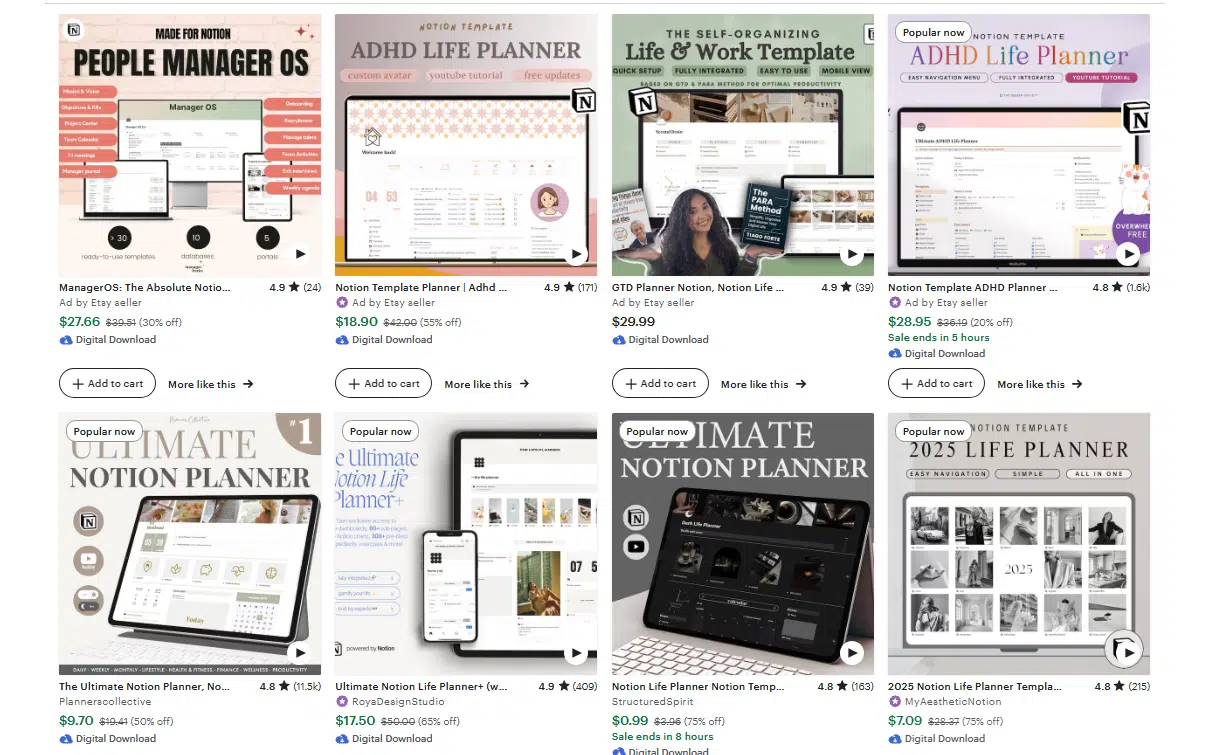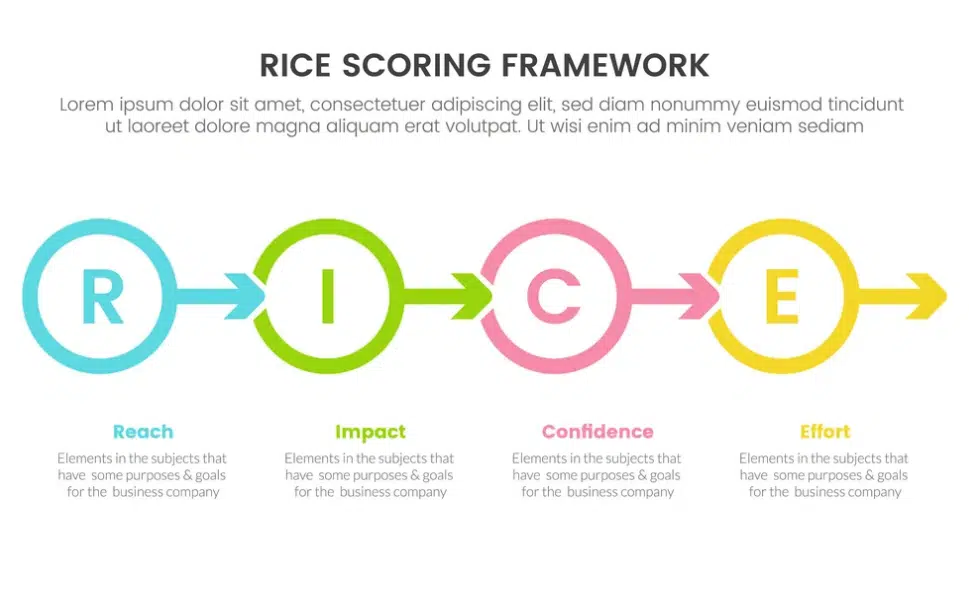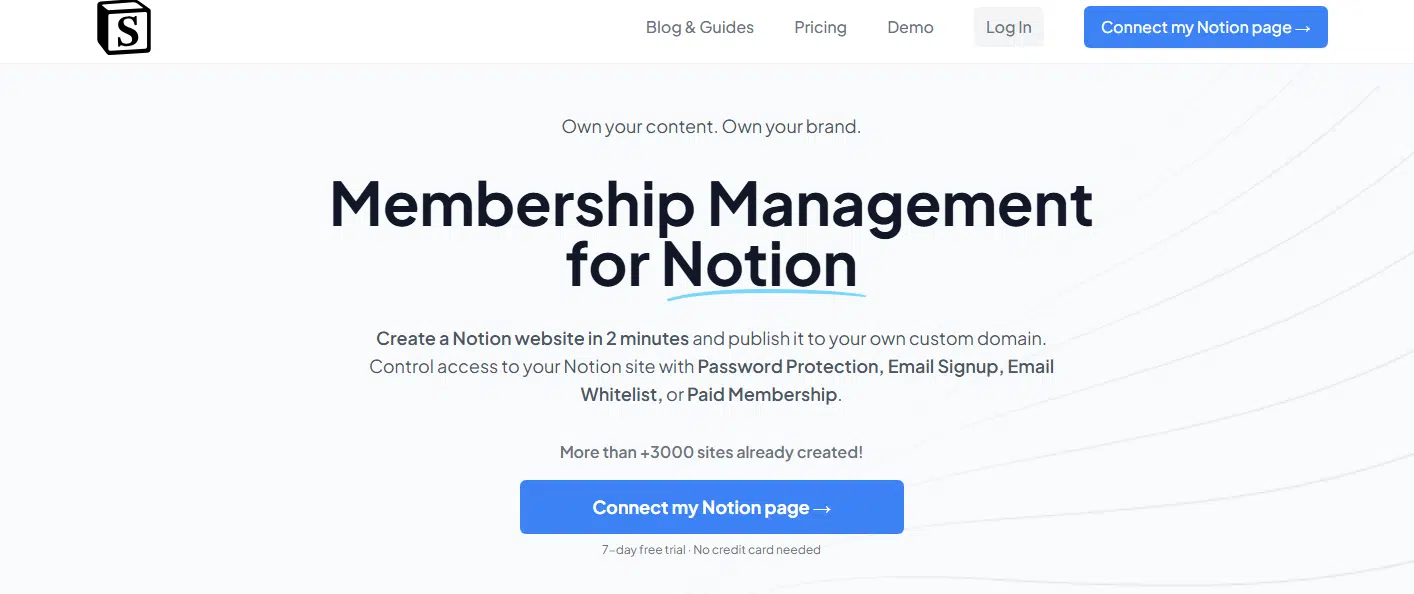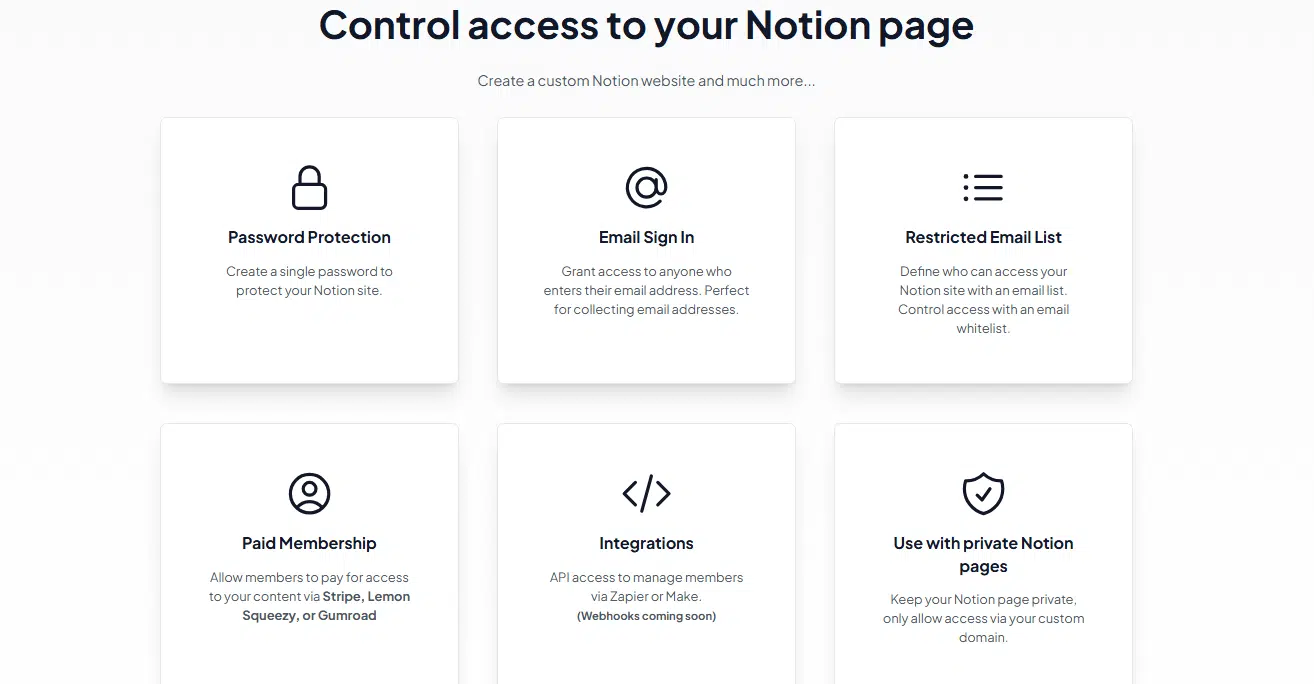If you’ve been using Notion for a while, you already know how flexible and powerful it is. But, most people don’t have the time (or patience) to create their own setups.
They save time, make life easier, and—bonus!—can make you money.
Now, I didn’t jump into selling templates thinking, Wow, this is going to change my life.
Honestly, I started out by sharing a few templates I’d made for myself—basic stuff like a task tracker or a budget planner.
Soon enough, I realized there was real potential to turn this into a side hustle. Spoiler alert: it’s both profitable and way more fun than I expected.
In this guide, I’m going to break down everything you need to know about selling Notion templates. I’ve got tips, tricks, and tools (looking at you, Sotion) to help you succeed.
Let’s dive in!
Step 1: Start with Research (Yes, You Really Have to Do This)
You’ve got to know what people actually want—because if your template doesn’t solve a problem or make life easier for someone, it’s probably not going to sell.
So, where do you start? Here’s how to dig into the market and figure out what’s working:
Check Out the Competition


Head over to platforms like Gumroad or Etsy and search for Notion templates. Pay attention to:
-
Reviews: What are people loving? What complaints keep popping up?
-
Ratings: High-rated templates are doing something right. Take notes.
-
Descriptions and Features: See how others are packaging their templates and what makes them stand out.
Some sellers even share their sales numbers on Gumroad. If you spot a bestseller, ask yourself:
Why is this one doing so well? Is it the design, the niche, or the features?
Look for Trends and Gaps
Once you’ve done some snooping, start piecing things together. What’s trending? What’s missing? For example:
-
Are there tons of student planners but no good ones for freelancers?
-
Are budget trackers super popular, but none include investment tracking?
The key here is to find the sweet spot:
a popular niche with room for improvement or innovation.
If you’re feeling stuck, check out our blog post, 292 Awesome and Free Notion Templates, where we’ve rounded up some of the most creative and practical templates. It’s a treasure trove of ideas and a great way to spot trends while understanding what’s already out there.
Step 2: Brainstorm Ideas Without Overthinking


Okay, so you’ve done the research, and now it’s time to let those creative juices flow. This part is about quantity, not perfection. Grab a notebook, open a Google Doc, or even scribble on a napkin if that’s your vibe.
Write down every idea that comes to mind—yes, even the ones that sound ridiculous at first.
Ask Yourself These Questions:
-
Does this template already exist?: Check your research notes. If someone’s already created it, that’s fine, but ask yourself: Can I make a better version? Or maybe there’s a slight twist you can add to target a different audience.
-
Will someone actually pay for this?: Does your idea solve a problem, save time, or make life easier? Templates that do any of these things tend to sell well.
-
What’s the sweet spot for pricing?: You don’t need to reinvent the wheel, but pricing matters. Would people pay $5 for this? $20?
-
How big should it be?: A good template is useful without feeling overwhelming. Nobody wants a 50-page planner if they’re just trying to track their weekly goals.
Sometimes the ideas that seem too basic are the ones that take off.
For example, a “Student Planner” or “Simple Budget Tracker” might sound boring to you, but for someone who needs it? People pay for clarity and simplicity.
For now, your only job is to get as many ideas out of your head as possible.
Once you’ve got a decent list, we’ll sort through it and figure out what’s worth your time (that’s coming up in Step 3).
Step 3: Prioritize the Gold (a.k.a. The Best Ideas)
Now that you’ve got a long list of ideas (some of which are probably wild, and that’s okay), it’s time to sort through them and figure out which ones are actually worth your time.
Not every idea is a winner, but don’t worry—I’ve got a simple method to help you rank them without pulling your hair out.
The RICE Framework (Made Easy)


We’re going to use something called the RICE framework. It sounds fancy, but it’s just a way to score your ideas based on four factors:
-
Reach: How many people would this template appeal to?
-
Impact: How much value does this idea provide to your customers?
-
Confidence: How sure are you that this idea will work?
-
Effort: How much work is this going to take?
Score Your Ideas
For each idea, give it a score from 1 to 10 in each of these categories. The higher the number, the better.
Start with the one that excites you the most (because if you’re passionate about it, you’ll create something awesome).
And don’t delete the lower-scoring ideas! They might not be gold now, but who knows?
Step 4: Test Your Idea Before You Go All In
Alright, so you’ve got a great idea, and you’re itching to start building. But wait—how do you know people will actually pay for it?
Before diving into the deep end, let’s test the waters.
Validation is key, and luckily, it’s not as hard (or time-consuming) as it sounds.
Instead of creating the full-blown version of your template, make a mini-version—a sneak peek of what’s to come. For example:
-
If you’re planning a “Notion Student Kit” with calendars, class trackers, and study schedules, start with just one piece, like a simple “Assignment Tracker.”
-
Keep it quick and straightforward. This shouldn’t take more than a day to create.
Once your mini-template is ready, share it with the world. Here’s how to get feedback:
-
Offer It for Free:
-
Share in Groups:
-
Reddit, Facebook, and Discord communities are goldmines for reaching your audience. For example, students hang out in r/Notion or Facebook groups for study hacks.
-
Ask Your Network:
If people download it, use it, and (most importantly) rave about it, you’re on the right track. Bonus points if they ask, “Hey, do you have more like this?” That’s your validation right there.
If you’re feeling bold, you can add a small price tag—say $5. If people are willing to pay even a little, it’s a solid sign your template idea has potential.
What If It Flops?
If your mini-template doesn’t get much traction, it’s a chance to tweak your idea. Ask for feedback—what’s missing? What could be better? Adjust and try again.
Use Sotion to Take It Up a Notch


So, you’ve got a fantastic Notion template, and now you’re ready to share it with the world. But if you’re serious about turning this into a professional, money-making operation, you need to go beyond just sharing a Notion link.
A powerhouse platform that transforms your Notion templates into polished, branded websites with all the tools you need to scale.
Why Use Sotion?


Sotion isn’t just about making your template look good (although it does that). It’s about giving you full control over how you present and monetize your content. With Sotion, you can:
-
Build branded, professional websites powered by your Notion pages.
-
Manage memberships, sell premium content, and secure your templates with ease.
-
Integrate with tools like Stripe, Gumroad, and even custom automations.
Who’s Each Plan For?


-
Sotion Basic Plan ($7/month)
-
Sotion Starter Plan ($17/month)
-
Sotion Pro Plan ($37/month)
-
Sotion Agency Plan ($97/month)
With over 5,000 sites already built and a thriving user base, Sotion is the go-to platform for creators looking to turn their Notion pages into scalable, profitable products.
And don’t forget the 30-day money-back guarantee—it’s risk-free to try.
If you’re ready to go pro, pick a plan, get started, and see how far your Notion templates can take you.
The Money Question—How Much Can You Really Make?
You’re probably not going to hit six figures overnight selling Notion templates. But the good news is that this side hustle has serious earning potential, and if you stick with it, the rewards can add up fast.
How Much Are People Actually Earning?
Creators are making anywhere from a couple hundred bucks a month to tens of thousands, depending on their niche, effort, and marketing strategy. Let me give you a few examples:
-
The Casual Creator: Some folks who make simple, one-off templates (like habit trackers or to-do lists) bring in $100 to $500 a month. Not bad for a few hours of work!
-
The Serious Side Hustler: Mid-level sellers focusing on niche markets—like project management or content creation—can earn $2,000 to $5,000 monthly.
-
The Big Earners: Then there are the pros who treat this like a business, creating bundles, premium memberships, or even courses around their templates. These creators rake in $10,000+ a month consistently.
I’ve seen examples of people selling templates for $10 to $30 each, and if you’re in a popular niche, it’s easy to see how those numbers snowball.
Ready to Get Started?
No one becomes a top seller by just thinking about it. You don’t need a perfect template right out of the gate—just get started. Your first one doesn’t need to be groundbreaking; it just needs to solve a real problem for your audience.
If you want to streamline the whole process and create a truly professional experience, don’t forget to check out Sotion. It’s designed to make your life easier and your templates more profitable.
So, what are you waiting for? The world of Notion templates is ready for you to dive in. Go create, share, and sell—and remember, the next big success story could be yours.
